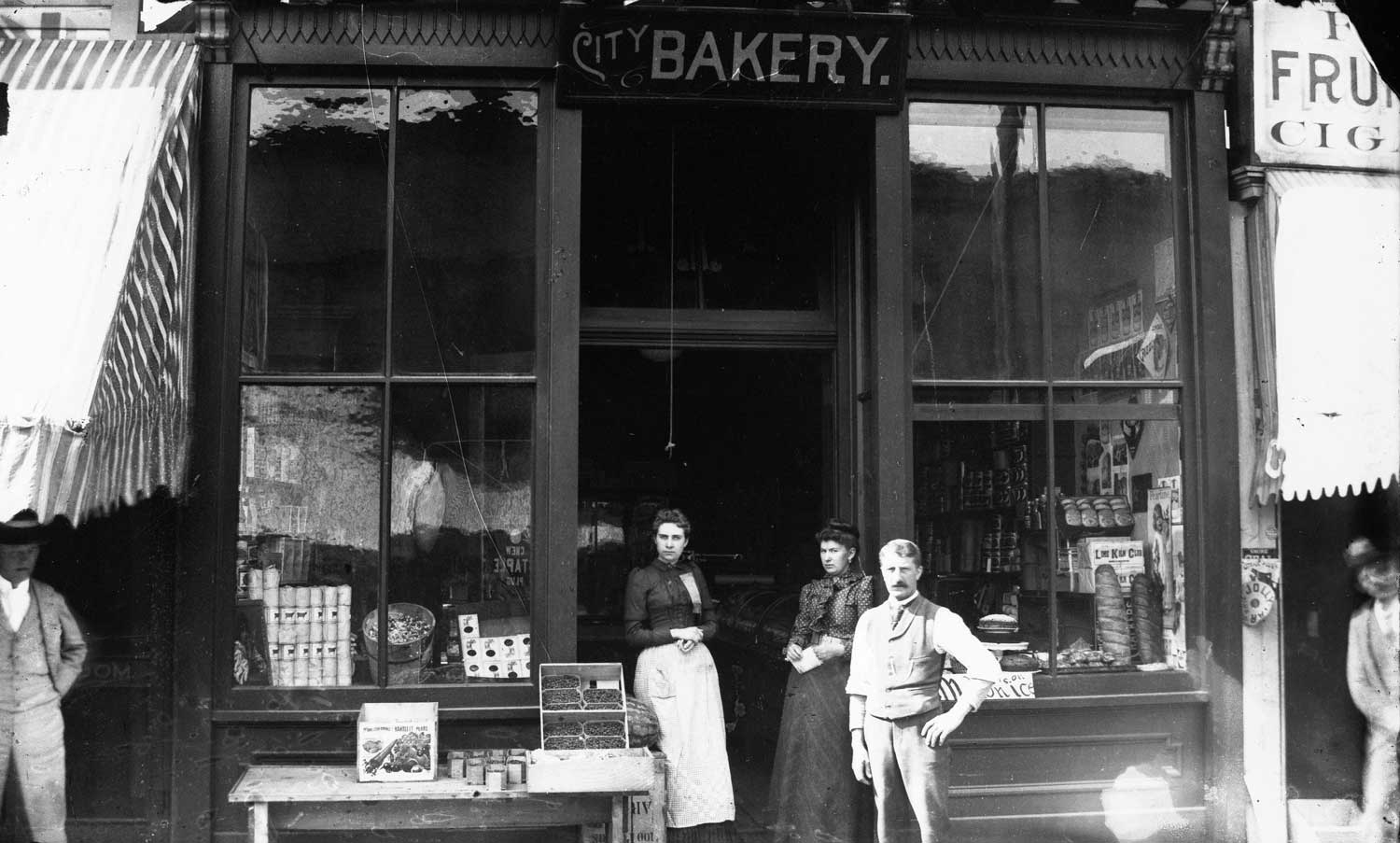Edible Traditions: Fresh Baked
Fresh-baked bread is a treat, but one that wasn’t hard to come by during Aspen’s mining era. After settlers arrived in the Roaring Fork Valley in the early 1880s, commercial ventures quickly followed to satisfy residents’ needs for fresh food. Butchers’ shops, grocery stores and bakeries were among those providing sustenance to miners who didn’t have the means or equipment to cook at home. By the late 1880s there were at least four bakeries, according to newspaper reports from the time. Raymond Riede owned the City Bakery and Joseph Byron owned the Aspen Bakery, both located on Hyman Avenue. Byron’s bakery boasted of its chemical-free bread.
“Mr. Byron has $1,500 in the bank that says the most careful chemical analysis will not show any alum in his bread or ammonia in his cakes, which drugs are so freely used by bakers doing a large business,” says the Aspen Daily Chronicle in 1888. “The effect of alum and ammonia on the human system is very disastrous.”
There was also a Vienna Bakery and a Eureka Bakery.
The bakeries—also featuring pies and other sweet-smelling delicacies—served up more than fresh baked goods. They were outposts for everything from canned sardines to mocha, Java and Rio coffee, according to newspaper advertisements. The Aspen Bakery ran an advertisement promising that it was the “place for fresh vegetables, canned goods of all kinds,” and was not bashful in announcing they were “pushing this line.”
With the town’s population above 12,000—twice what it is today—it was necessary to have multiple, and sometimes repetitive, stores to feed the hungry miners and their families, though there were certainly more single men without families during this time, given the gritty and harsh living conditions.
This photograph shows that a specialty fruit and cigar store stood next to the City Bakery, illustrating the specialty shops that existed during the time.
As the decades passed, bakeries shuttered and opened their doors in the naturally occurring retail shuffle. Today, bakeries have evolved into coffee shops in which people gather for interaction and to linger over pastries and a cup of joe. But traditional bakeries still bake bread, doughnuts and pastries each day.
Finding the bakeries around town isn’t any harder today than it was for the early pioneers: Just follow your nose.
Edible Traditions is produced by the Aspen Historical Society. For access to the full online archives, including more than 10,000 historic images, visit AspenHistory.org or call 970.925.3721.





